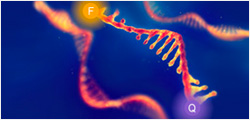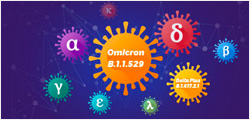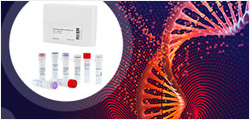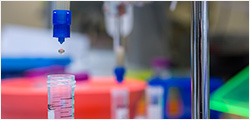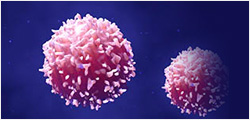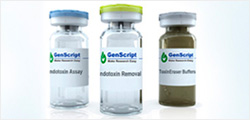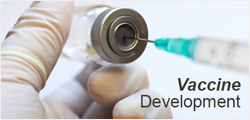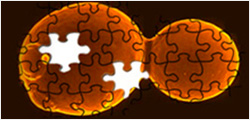FGF-23, Human
*This product has been discontinued!*
Fibroblast growth factor-23 (FGF-23) belongs to the large FGF family which has at least 23 members. All FGF family members are heparin binding growth factors with a core 120 amino acid (a.a.) FGF domain that allows for a common tertiary structure. FGFs are expressed during embryonic development and in restricted adult tissues. Four distinct but related classes of FGF receptors, FGF R1, 2, 3, and 4, exist. FGF-23 is produced by osteocytes and osteoblasts in response to high circulating phosphate levels, elevated parathyroid hormone, and circulatory volume loading. It functions as an endocrine phosphatonin by suppressing circulating phosphate levels. FGF-23 interaction with renal proximal tubular epithelium decreases the renal resorption of phosphate by down regulating phosphate transporters and by suppressing vitamin D production. It also decreases the intestinal absorption of phosphate.
| Z02891 | |
|
|
|
|
|
|
| Ask us a question | |






